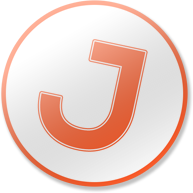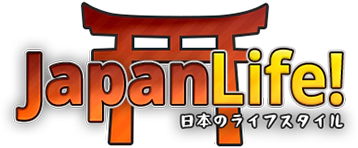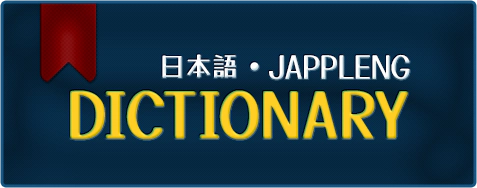We’re now able to make simple statements for “This, that, and that
over there” but how do we make questions out of these statements?
How do we turn “This is a book” into “Is this a book?”
This is quite easy; in fact all you need to do is add the particle
“
ka” at the end of the sentence. The
particle “ka” expresses doubt or the unknown for what precedes it,
much like the question mark in English. Let’s take a look at some
of these examples:
Here are some examples:
| Example Statement |
Turned Into a Question |
Kore wa mizu desu.
(This is water) |
Kore wa mizu desu ka?
(Is this water?) |
Sore wa ringu desu.
(That is a ring) |
Sore wa ringu desu ka?
(Is that a ring?) |
Are wa densha desu.
(That over there is a train) |
Are wa densha desu ka?
(Is that a train over there?) |
There is nothing more to asking questions, it really is just that
easy.
Please take some time to point at some objects near you, near
someone else, or outside and practice making these statements or
asking questions.
Presently we know vowels and the columns “K, S, T” for hiragana as
a total of 20 Japanese characters. We can easily nearly duplicate
that amount by learning about
Dakuten
and
Hadakuten. Dakuten is used to
change the sound of a syllable.
For example, か can turn into ga by adding a dakuten (two small
strokes) on the top right of the character where it turns into か
into が.
Dakuten does not exist for all characters, as for example they
cannot be used with vowels. Dakuten may be used for the ‘k, s, t,
and h’ columns.
The handakuten modifies ‘h’ kana into ‘p’ and can be represented
with a small maru (circle) at the top right of the kana. While we
have not yet learned about ha(は), please keep in mind that it will
change into pa(ぱ) if a handakuten is used.
Important Exceptions
As we progress, we will learn more about the exceptions that exist
and because exceptions exist, please do not treat every syllable
the same. For this lesson's assignment, we will come across some of
these exceptions such as し will become じ(ji) instead of zi. These
exist simply because there are no words pronounced with”zi” and as
such they must be constrained.
Let’s look at the table:
| Hiragana we know without Dakuten |
| あ |
か |
さ |
た |
| い |
き |
し |
ち |
| う |
く |
す |
つ |
| え |
け |
せ |
て |
| お |
こ |
そ |
と |
| Hiragana with Dakuten |
| - |
が (ga) |
ざ (za) |
だ (da) |
| - |
ぎ (gi) |
じ (ji) * Exception * |
ぢ (ji) * Exception* |
| - |
ぐ (gu) |
ず (zu) |
づ (zu)* Special* |
| - |
げ (ge) |
ぜ (ze) |
で (de) |
| - |
ご (go) |
ぞ (zo) |
ど (do) |
As you may have noticed in the table, there are two ji sounding
syllables. Both of them may be used for their own reasons usually
due to the pairing of syllables. Historically speaking the usage of
dji and dzu (now more commonly referred to as ji and zu) were more
prominent up until 1946 during the Japanese script reform (post-war
Japanese).
Today, the pronunciation remains the same between the two however
some dialects continue to show distinction between the two sounds.
There are rules to follow when writing either ji or dji however
pronunciation as mentioned will remain the same regardless which
one is used.
To know when to write either or can be for the most part very
straight forward. Compounding words to create a new sound will for
the most part change the way it is written.
For example; to write “bloody nose” we would use the word “hana”
(nose), and chi (blood) to create hanaji / ぢ. While knowing the
precise differences is a rewarding experience, it can be considered
premature to learn it this early in the course, however it is
important to realize that such a difference exist.
Before we complete this lesson we must first learn the stroke order
of Dakuten and Handakuten. Let’s see our first example by writing
か. The next step is to add two strokes starting from the
bottom-left to the top-right to create が.
Let’s look at Example (A):
Write the maru counter-clockwise as seen in Example (B):
We’ve learned a lot today and thus far you are accomplishing so
much in the field of Japanese language. Soon, you will find
yourself speaking fluent Japanese.
Keep up the good work and don't forget to do today's assignment.




























